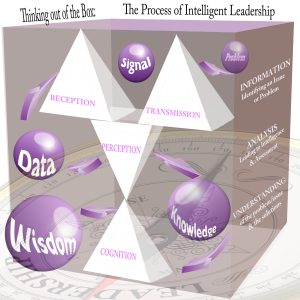Home Public Leadership
Welcome to the Public Leadership Forum
An individual, in promoting his own interest, may injure the public interest; a nation, in promoting the general welfare, may check the interest of a part of its members.
Friedrich List
Intelligently
Ethically” fancytext_color=”#ffffff” ticker_background=”#b1a187″ strings_font_family=”font_family:Open Sans|font_call:Open+Sans|variant:300″ strings_font_style=”font-weight:300;” ex_class=”short” strings_font_size=”desktop:28px;tablet:22px;mobile_landscape:16px;mobile:14px;”]
Read more about Public Leadership
Exploring Public Leadership
” read_more=”more” link=”url:http%3A%2F%2Fwww.publicleadership.org%2Fwhat-is-public-leadership%2F||” pos=”left” title_font_color=”#ae9e85″]
What is Public Leadership?
Public leadership has been generally described as “a role where a person holds a public office and serves and guides the community as a whole” for example, a Mayor. However, it is more than this. The author, in the introduction to the book “The New Public Leadership Challenge”, which he edited with Keith Grint, defines public leadership is a much more inclusive and meaningful way:
A form of collective leadership in which public bodies and agencies collaborate in achieving a shared vision based on shared aims and values and distribute this through each organisation in a collegiate way which seeks to promote, influence and deliver improved public value as evidenced through sustained social, environmental and economic well-being within a complex and changing context. (Brookes and Grint, 2010: 1)
[/bsf-info-box]
Leading in the Public Interest
” read_more=”more” link=”url:http%3A%2F%2Fwww.publicleadership.org%2Fleading-in-the-public-interest%2F||” read_text=”Read more” pos=”left” title_font_color=”#ae9e85″]
What is the Public Interest?
What is the public interest, and is it possible for leaders to lead in the interests of the public?
Public interest is defined as “the benefit or advantage of the community as a whole; the public good”
The overall outcome of new public leadership is the creation and demonstration of public value (see Mark Moore (1997)).
Social value acts as a foundation for the consideration of leading in the public interest and in understanding this as an objective rather than subjective measure.
Although social value is taken to be more relevant to the leadership of public services, it is argued that it is of equal relevance to the private sector in what is becoming popularly referred to as ‘shared value’.
[/bsf-info-box]

Building Capacity and Capability
The meaning of ‘leadership’ is a very slippery eel! Just as you think you understand it, along comes another interpretation that deserves attention. This has implications if we start to think about activities that are designed to develop our leaders and future leaders, as skill describes discrimination or knowledge in a specified matter.
Building capability and capacity thus concerns practical knowledge in combination with ability. Behaviour is the manner of conducting oneself in the external relations of life, represented by such characteristics as demeanour, deportment, bearing, or manners. Skills and behaviours support the collective values that leaders aspire to and the collective vision that these values underpin. The development of leaders must therefore take the collective vision and desired collective values as the starting point.
[/bsf-info-box]

What is Intelligent Leadership?
The process of Intelligent Leadership is a means by which we are able to make sense of problems or issues. Intelligence is less to do with personal or emotional intelligence but is more to do with collective intelligence in applying knowledge and understanding to the practice of leading.
We can return to the ancient classics to understand this concept. Aristotle identified five states of virtue that equalled truth
[/bsf-info-box]

